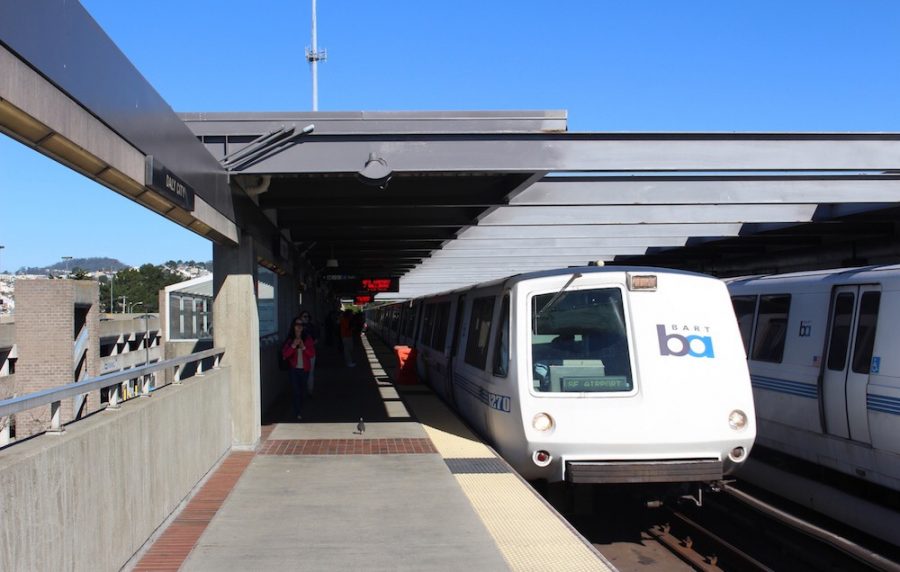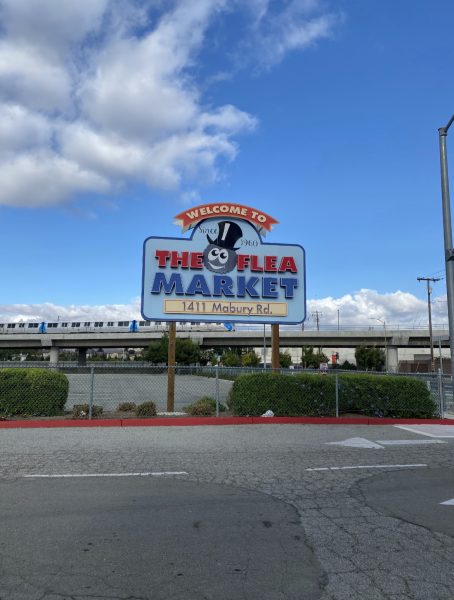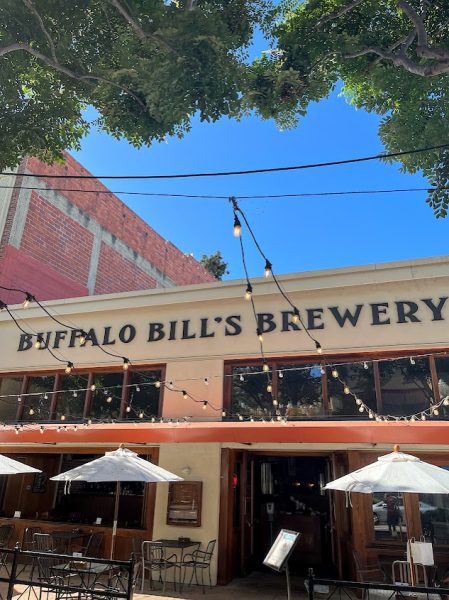New project to reduce BART track noise
Last Thursday the BART Board of Directors approved a rail replacement project that will cut screeching noises to a minimum on two of its loudest sections of the track, beginning in September.
Over Labor Day weekend, BART will replace the rail and install rail dampers to 3,000 feet of track between Glen Park and Daly City. A similar replacement and installation on over 840 feet of track will follow, near the West Oakland station at an undisclosed date afterward, according to BART Media Relations Manager James Allison. A total of 4,000 custom dampers are being purchased for the entire project.
Dampers are made of steel and rubber and are clamped onto the rail 30 inches apart, according to BART officials. They are designed to soften the vibrations that are produced when the wheels hit the grooved metal on the track, which produce a loud screeching noise.
Some areas generate more noise than others, depending on details like the curve in the track, which is the case on the Peninsula stretch. Allison wasn’t able to provide details about the cause of Oakland’s track noise level, but revealed that a typical noise measurement is at 80 decibels, while Oakland measures in at 90. The dampers can lower the nose by up to 7 decibels.
According to Allison, BART maintenance workers take to the tracks nightly to grind down the built-up corrugation in an effort to control noise levels. There are 104 miles of track, he explained, but workers are only able to make it through a quarter of a mile to two miles per night.
The damper project is a proactive approach to reducing excessive noise on tracks, according to Allison. Less vibrations means reduced grinding labor. Allison was not able to provide the cost of the nightly maintenance, but the dampers project will cost $617,844, Allison confirmed. This will serve as an experiment to analyze whether this approach generates a return on investment.
The project will be funded through grant money, including local area grants, as well as through the state Prop 1B Transportation Bond Program and Federal Transit Administration grants, according to Allison. The remainder of the money will come from a general operating budget for repairs, of which 84 percent is funded through ticket sales, parking fees, property and sales tax revenue and ads.
The Peninsula segment of the project will be installed near Balboa Park and will warrant an entire track shut-down, however the West Oakland maintenance will be done overnight, and will result in no projected delays.








